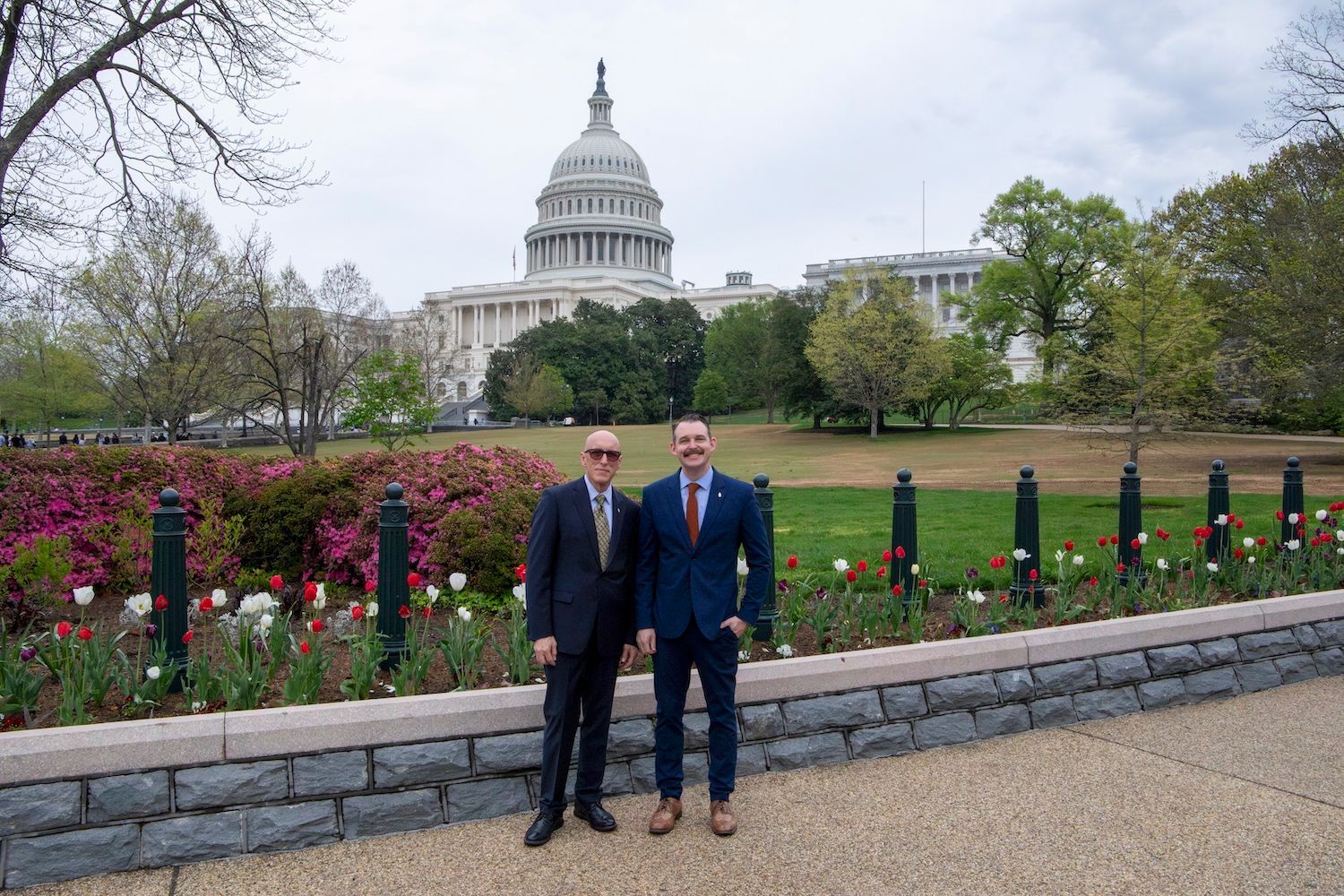Why Government Relations Matter for Christian Nonprofits
Building Bridges of Grace

At The Refuge, I have learned that love looks like many things. Sometimes, it looks like listening to a man share his story of addiction for the first time. Sometimes, it looks like helping someone build a resume after a year of recovery and healing. And sometimes—perhaps less obviously—it looks like walking into a government building and sharing a vision of restoration with someone in a suit.
I know that sounds idealistic. Government relations and Christian mission? Aren’t those worlds meant to stay separate?
But after years of sitting across tables from state senators, city council members, county commissioners, and state agency staff, I’ve come to believe something deeply: when done with integrity and humility, engaging with government is not a compromise of our faith—it serves as an extension of it.
When Government Engagement Feels “Unspiritual”
Many faithful Christians are understandably wary of politics. The headlines are loud, the culture feels polarized, and it can seem like any association with public systems risks tainting a pure gospel.
I’ve heard it all:
- “Our help comes from the Lord, not from public funding.”
- “We shouldn’t depend on the government to do what the Church is called to do.”
- “Politics are dirty—we need to stay focused on the mission.”
And yet, throughout Scripture, we see something else. Joseph interpreted dreams in Pharaoh’s court and saved a nation from famine. Daniel prayed toward Jerusalem even as he served in Babylon’s highest offices. Esther risked her life to speak truth to a king. Paul invoked his Roman citizenship not to gain privilege, but to keep the gospel moving forward.
And in Jeremiah 29:7, the people of God—exiled in a land not their own—are told to “seek the welfare of the city where I have sent you... and pray to the Lord on its behalf, for in its welfare you will find your welfare.”
Government isn’t our Savior. But it is FULL of our neighbors who we are called to love.
What It’s Looked Like for Us
At The Refuge, we’ve experienced firsthand the power of what’s possible when Christian nonprofits engage the public square with clarity and compassion. In the past few years, we’ve secured over $2.6 million in competitive government grants—local, county, and state. Those funds have allowed us to offer our program to more men, at no cost, and build the systems necessary to support long-term recovery.
We’ve also pursued—and received—state certification through Ohio Mental Health and Addiction Services. That process wasn’t easy, but it has opened doors for us to serve with greater credibility, accountability, and collaboration. We’re now a trusted partner in the state’s recovery landscape, and we’ve maintained our core identity as a Christian ministry every step of the way.
These relationships weren’t about gaining power. They were about stewarding influence—on behalf of the men we serve and the families they return to.
Faithfulness, Not Favoritism
We don’t engage in government relations to get favors. We don’t ask elected officials to bend rules or push our agenda. We show up with a simple offer: here’s what we’re doing to bring healing and hope to the broken places of our community. If there’s alignment, let’s find ways to partner for the common good.
This is what I call “soft strength.” It’s not flashy. It doesn’t seek headlines. But it walks into every room with conviction, humility, and relational presence.
We’re not trying to convert policymakers. We’re trying to be a visible, faithful presence in the spaces that shape policy and possibility.
It reminds me of William Wilberforce—an English parliamentarian whose faith didn’t stay private. It compelled him to spend decades in quiet, relentless advocacy to end the British slave trade. He didn’t shout. He didn’t dominate. He stayed faithful. His work proves what can happen when a follower of Jesus shows up in government not for power, but for justice rooted in love.
